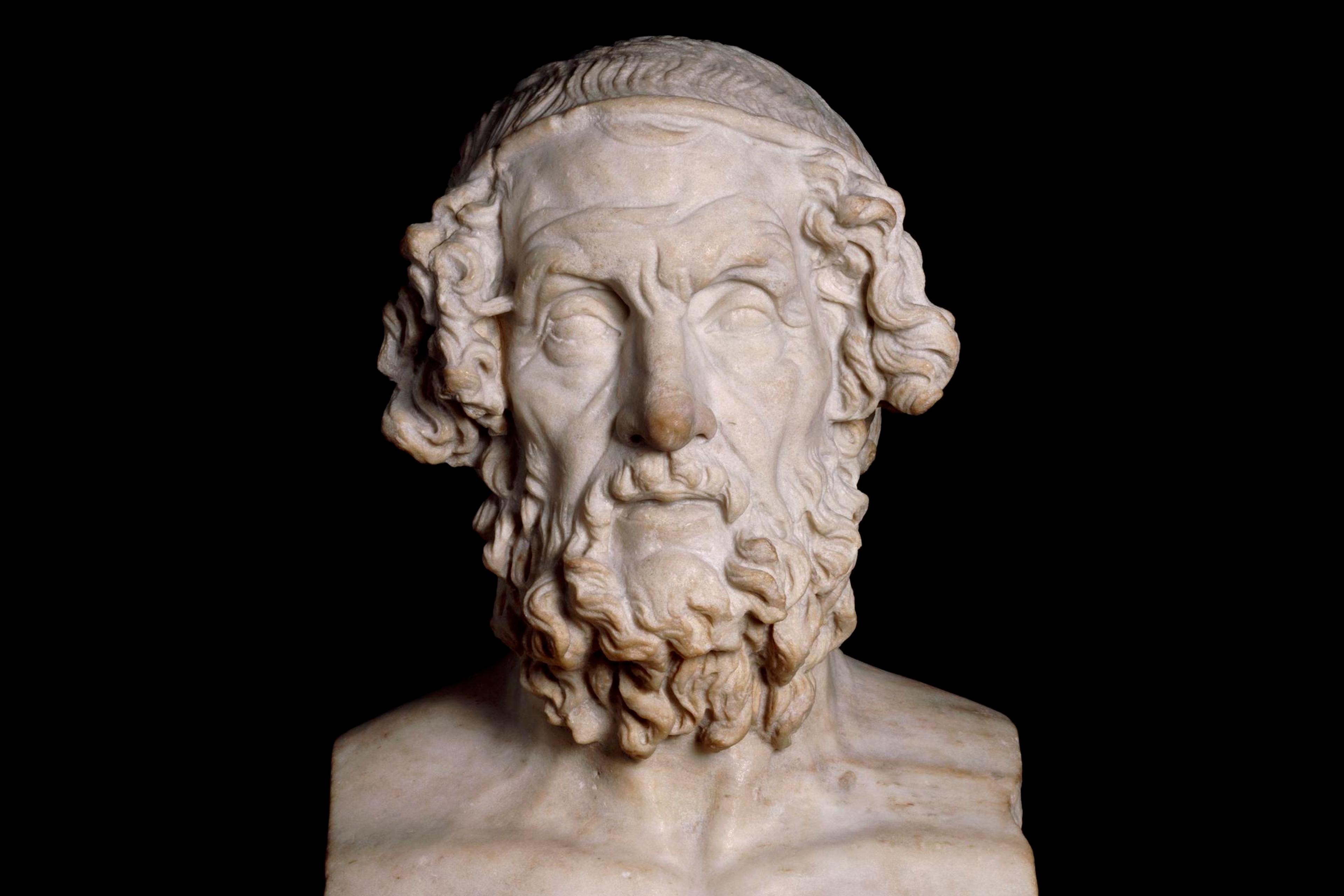We live in a scientistic, rationalistic culture that smirks and giggles a little about the idea that the dreams we have at night can have something to teach us. I beg to differ. I listen to my dreams…
Recently, I had a dream in which I was doing a Q&A after giving a talk about our civilisational predicament. A questioner stood up and asked me: ‘What do you think of the tendency in our civilisation to couch claims chiefly in terms of sovereignty? Whether this be in terms of claims by nations or empires, or by corporations, or by groups, or by individuals? Isn’t the kind of claim made in “identity politics”, for instance, typically of just the same form as the “territorial claims” made by states or empires: a claim of absolute fiefdom over one’s identity, one’s essence, one’s “rights”? Asserting ownership over terms, over discourse itself. Do these multiple sovereignties help to create a framework for resolving the crisis of our times – or are they merely an expression of it?’
In response, I first paused, impressed by the vision of the questioner: I could immediately perceive that they surely were – are – an expression of it. I then started to reply; setting out how we have no chance of transforming our civilisation into one that could last unless we replace the sovereignty model with a way of thinking/feeling/acting that’s genuinely relational, perhaps care-based in roughly Martin Heidegger’s sense (fundamentally depending on a rich sense of meaning based on utter inter-relatedness), or in the sense of maternal feminism (fundamentally depending on our fundamental interdependence, and in particular in our utter dependence sometimes on care-givers).
There is no sovereignty in the rest of nature (except that of brute force), only webs. If we aim for a version of freedom that quintessentially sets us apart from each other, always emphasising difference and literally or metaphorically policing borders, whether as nations, ‘tribes’ or individuals, we are bound to end in fratricidal and ecocidal continuance of current trends. Paradoxical though it might sound, any true autonomy is – must be – thoroughly relational. We become free only by being-with each other, and (more deeply) by coming to awareness of precisely this. We can’t be with each other well if we are always trying to resist our interdependence.
As I spoke, I could feel the resonance between the questioner’s thinking and my own; and I felt a wider resonance with the room. I felt us feeling, sensing each other’s bodily magnetic fields, and the nascent presence and possibility of community: a kind of community for which our fantastical liberal-individualist way of living has left us yearning – because it is quite thoroughly unable to provide it.
I love the way that in the dream all this came to me via a question, from another. We developed it between us. Yes, of course, in some ordinary sense it turns out that all of this was going on within my psyche; but the form of its presentation mirrored the form of the cognition: ie, if we are to take seriously that autonomy is relationality – that real freedom requires the overcoming of fantasies of atomistic sovereignty – then this requires us to proceed in a manner that involves others actively. Like deliberative democracy. Or depolarising dialogues. Or more or less Socratic collective intellectual exploration.
Sovereignty – the idea of absolute claims, beginning generally with the claim of property – dominates our world. Our world is dominated precisely by domination, by a practice and an idea of it. ‘Sovereigntism’, as we might call it: an absolutist adherence to that idea, an ideology most obvious at the macro level in claims made by states, but also, as my dream-questioner powerfully noted, at the level of individuals, as in libertarianism. It is easy severely – devastatingly – to criticise that ideology; but well-intentioned people find it less easy to sustain the criticism when it comes to expressions of the same ideology in seemingly desirable nostrums such as human rights on their liberal-individualist interpretation. Or perhaps in Black nationalism. Or in women’s separatism. (This selectiveness in being able to see ideology problematically in play in one’s own favoured contexts is precisely what makes something an ideology.)
A serious issue starts to emerge if some essentialist claim comes heavily into play
To avoid misunderstanding: I am not criticising projects of (say) feminist separatism, which played an important cultural role certainly for a while, a generation or two ago. I agree with my one-time teacher Richard Rorty that such projects, if understood in a broadly pragmatic rather than an essentialist way, can play an important role in making space for the new and the fragile.
What became clearer to me through my dream is how in these kinds of contexts a serious issue starts to emerge if some essentialist claim does come heavily into play. For there is a fine but crucial line between the redressing of historic evils and oppressions on the one hand, which pragmatically require separate spaces for consciousness-raising and for simple safety – probably on a long-term basis, until we achieve (say) a fully post-sexist society – and the creation of a new quasi-permanent reified identity on the other.
To switch example: a tacit allegiance to sovereigntism always risks making (say) the colour of one’s skin rather than the content of one’s character something that will – always – be paramount. This is, to say the least, unfortunate: just when we seemed to be getting beyond defining people by categories (such as skin pigmentation), we risk regressing to a point where what people say and how they say it isn’t the point: rather, it’s seemingly their ‘category’, their so-called ‘identity’, that most matters.
It is crucial that we don’t pretend to have eliminated oppressions until they actually are eliminated. But it is equally crucial that we don’t pretend to have made less progress on eliminating them than we have actually made! It’s a dangerous powerplay, endlessly to defer acknowledgement of societal progress on race or sex; to maintain a cult of victimhood.
We are talking here about identity politics (as the questioner did in my dream), in any form including, obviously, ‘Leftwing’ forms, such as ‘intersectional’ identity politics, which obviously runs a grave danger of being a form of sovereigntism. One is told that only someone who has a given identity (including a ‘gender identity’) can speak about that position. If the position/identity is threatened, it is defended furiously and absolutistically. One is told that this is a culture war and that one must pick a side.
But what if we were able to see beyond the mentality of side-picking? What if we were to engage in real (including sometimes difficult) dialogue where we did not presuppose that we are right and the others simply wrong, benighted, deplorable? What if we allowed the field of our living relationality, as a kind of unity (but not one that submerges differences), to become focal?
Sovereigntism is a politics of atomism, anti-wholistic, hostile to reflection
Identity politics – or, as we might call it, ‘ipolitics’ (‘following’ Steve Jobs, and with another nod to our civilisational attachment to a narcissistic, mass, enforced pseudo-individualism) – is founded in what Friedrich Nietzsche called ‘ressentiment’. A cult-ivation of victimhood that legislates an absolute right in one’s ‘own’ domain. Ressentiment is how a party that feels inferior abjures any responsibility for its own situation, and externalises it as an evil caused entirely by others.
Sovereigntism is a politics of atomism, anti-wholistic, hostile to reflection. Again, this is obvious in the actions of rivalrous great powers. And in the tragic way in which the concept of absolute sovereignty is a direct line to ecocide. It is obvious too in the entitlement of the rich, or the near-lawlessness of limited-liability companies. It might be less obvious in the hegemonic discourse of human rights, or in the nostrums of identity politics. But it’s there, all the same.
For any kind of culture of grievance is dangerous.
Grievance is sovereignty violated. This is the chief basis of victim narratives. As Peter Pomerantsev memorably puts it in How to Win an Information War (2024), in such cases: ‘The pose of victimhood is a mask under which to hurt others.’
I move therefore in the same breath to put a question-mark over ‘Leftist’ ipolitics and over populistic nativist forms of identity politics. These two feed off each other in a highly dangerous way, stoking a race to polarisation: the likes of Vladimir Putin and Donald Trump profit from being able to attack the excesses of ipolitics, just as those very attacks make the ressentiment of oppressed victims more credible. But is it somehow a category-mistake for me to analogise the ressentiment of propagandistic dictators and ‘populist’ ‘leaders’ to that of (say) ipolitics-advocates, who might seem infinitely less powerful? No, for the crucial reason given by the great maternal feminist thinker Audre Lorde: ‘The master’s tools will never dismantle the master’s house.’ We must take this point seriously, if we actually mean to make something better than the dismal world we have. This was the whole point of my dream: if we reactively repeat the ideological horrors of sovereigntism unto the next generation, then we are in our own way as bad as they – those dictators and would-be dictators – are.
What is needed then is to take seriously our inter-being while seeking rigorously to go beyond what Buddhism calls ‘attachment’, a dogmatic clinging. For, to be clear, there’s nothing intrinsically wrong with the notion of sovereignty: take ‘food-sovereignty’. This is the laudable and in fact (as we go into times that carry a growing risk of ‘multi-breadbasket-failure’) crucial project of significantly growing the degree of direct local food provision and food resilience. There need be nothing wrong with sovereignty; what goes wrong is over-attachment to it. Identification with it. Exactly what I call ‘sovereigntism’. A widespread ideology, dangerous especially because it is usually subterranean, unacknowledged.
We can begin to (re-)create a culture of initiation through the collective existential challenge upon us
Sovereignty, of individuals, groups, states or what-have-you, is an overblown metaphor. A metaphor we live by – and by which we’re dying. A lived fantasy, a traumatised and traumatic culture of separation in which we seem to have become ‘stuck’, as David Graeber and David Wengrow memorably and simply put it in The Dawn of Everything (2021).
But it doesn’t have to be that way. We can emerge from the state of stuckness. We can begin to (re-)create a culture of initiation; initiation by way of the vast collective existential civilisational challenge that is upon us. But only if we are willing to live in utter relation, and in unknowing, in process rather than result. In negative capability.
At the end of my dream, I woke up of course. Into a cacophony of sovereignties. Where rivalry both within and between different levels, such as that of state and group and individuals, yields merely the noise of mutually uncomprehending passionate intensities, between beasts too often priding themselves on their roughness as they slouch toward domination via the ballot box or via shouting others down – or via the computer-mouse.
I knew that I wouldn’t sleep well for the rest of that night. I was too excited. Awakening, I started writing…
Many thanks to Nigel Warburton, Manda Scott, Janosch Prinz, Iain McGilchrist, Tom Greaves, Nigel Pleasants, Gavin Kitching and David Wengrow for comments on earlier versions of this piece; without their thinking, mine wouldn’t be what it is. Obviously however, any dubiety or missives in the piece as it stands should be attributed to me alone. (Denying sovereigntism does not mean denying responsibility; as I have explained, on the very contrary.)








